Einheit 3.16 (online)

![]() Nach dem Einkauf. Read the mini-dialogues. What is new?
Nach dem Einkauf. Read the mini-dialogues. What is new?
 |
 |
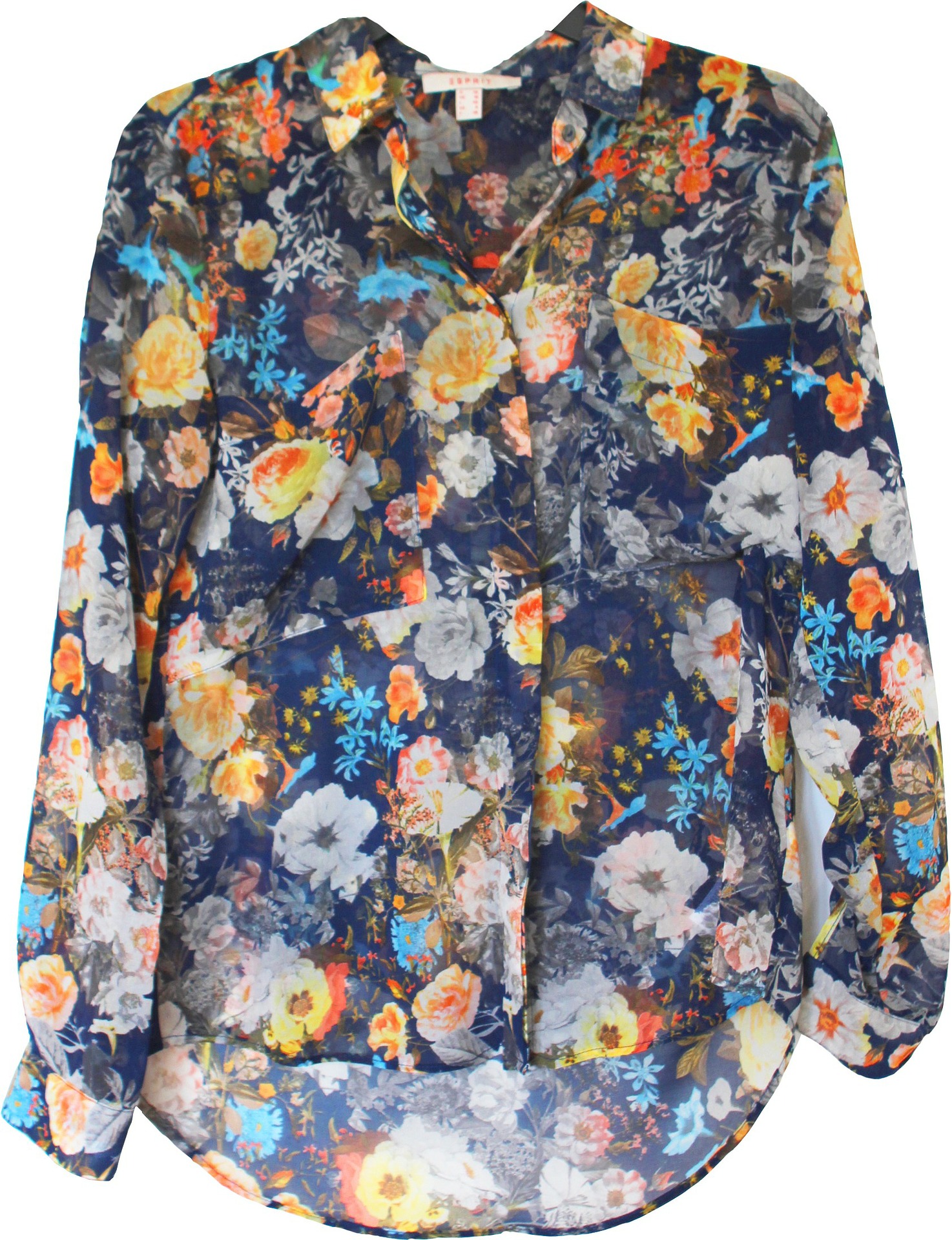 |
 |
|
Max: Wie findest du den Mantel? Lisa: Ich finde ihn sehr schick. |
Lisa: Mein Rucksack ist so schwer. Max: Kein Problem, ich trage ihn. |
Lisa: Ich finde diese Bluse toll! Max: Kauf sie doch!
|
Max: Wie gefällt dir diese Krawatte? Lisa: Ich finde sie sehr elegant. |
 |
 |
 |
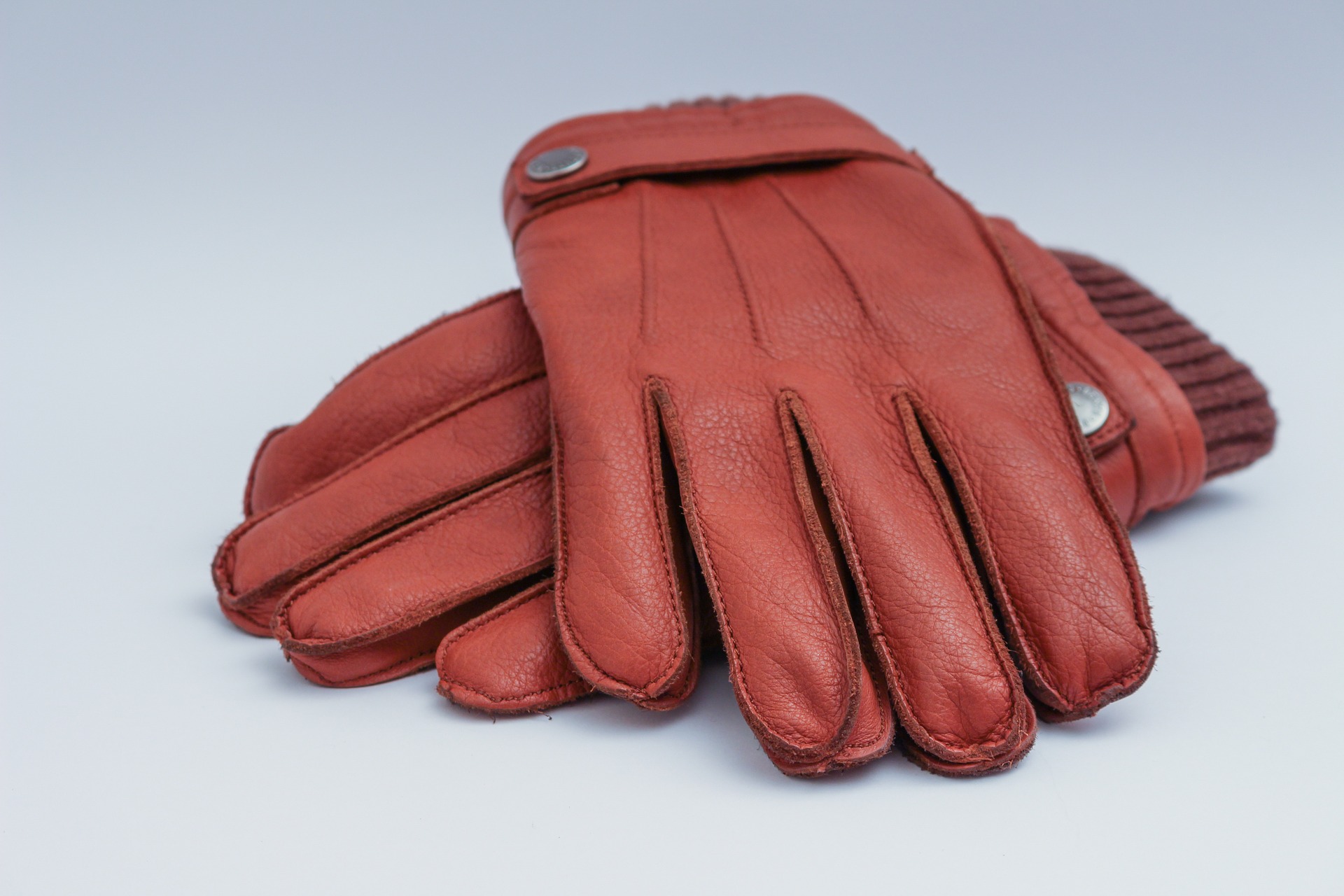 |
|
Max: Ich finde dieses T-Shirt cool! Lisa: Ja! Kauf es doch! |
Lisa: Wie findest du das Kleid? Max: Ich finde es sehr schön. |
Max: Wie gefallen dir diese Schuhe? Lisa: Ich finde sie hässlich! |
Lisa: Wie findest du diese Handschuhe? Max: Ich finde sie zu warm. |
![]() Grammatik
Grammatik
Personal Pronouns in the Accusative
In Einheit 1, we learned about personal pronouns in the nominative. We also learned in 1.10 about grammatical gender. Remember these basic sentences:
Die Katze ist schwarz und weiß. Sie ist meine neue Katze.
Der Kürbis ist orange. Er ist auch groß.
In these basic sentences, we could have continued to write the proper noun (die Katze, der Kürbis), but why would we when we could also use the pronoun to refer back to the item. Our sentences have gotten much more complicated since Einheit 1, but the concept has not changed. Look back at the previous mini dialogues in Nach dem Einkauf. Why are “sie, es, ihn” bolded? What are they referring back to? Look at this example:
Max: Ich finde dieses T-Shirt cool!
Lisa: Ja! Kauf es doch!
What does the “es” refer to in the statement from Max?
I hope you said: “dieses T-Shirt“!
The only difference between Einheit 1 and now is that when we use a pronoun to replace a noun that is the direct object in a sentence (and therefore in the accusative), the pronoun also has to be in the accusative.
Here is our chart now with the accusative:
| Nominative | Accusative |
| ich (I) | mich (me) |
| du (you – sing. informal) | dich (you – sing. informal) |
| er/sie/es(he/she/it)* | ihn/sie/es (him/her/it)* |
| wir (we) | uns (us) |
| ihr (you – pl. informal) | euch (you – pl. informal) |
| sie (they) | sie (them) |
| Sie (you – sing./pl. formal) | Sie (you – sing./pl. formal) |
* please note: er/ihn, sie, es – can also mean “it” something masculine, feminine or neuter depending on the gender of the noun it is replacing
Beispiele:
Lisa möchte zu Karstadt shoppen gehen und Max fragt: “Nimmst du mich mit?”
Lisa antwortet: “Ja, ich nehme dich mit!”
Lisa sagt: “Die Jeans gefällt mir sehr gut, ich nehme sie.”
Max sagt: “Der Pulli ist sportlich und sehr schick. Ich kaufe ihn.”
*Achtung* Here are some separable-prefix verbs that often have an accusative direct object:
abholen (to pick up)
anprobieren (to try on)
anrufen (to call someone on the phone)
einladen (to invite)
mitbringen (to bring along)
mitnehmen (to take with/along)
![]() Übung 1. Click on the correct accusative personal pronoun.
Übung 1. Click on the correct accusative personal pronoun.
![]() Übung 2
Übung 2
![]() Übung 3. This activity will review vocabulary, accusative personal pronouns and possessive determiners.
Übung 3. This activity will review vocabulary, accusative personal pronouns and possessive determiners.

0. |
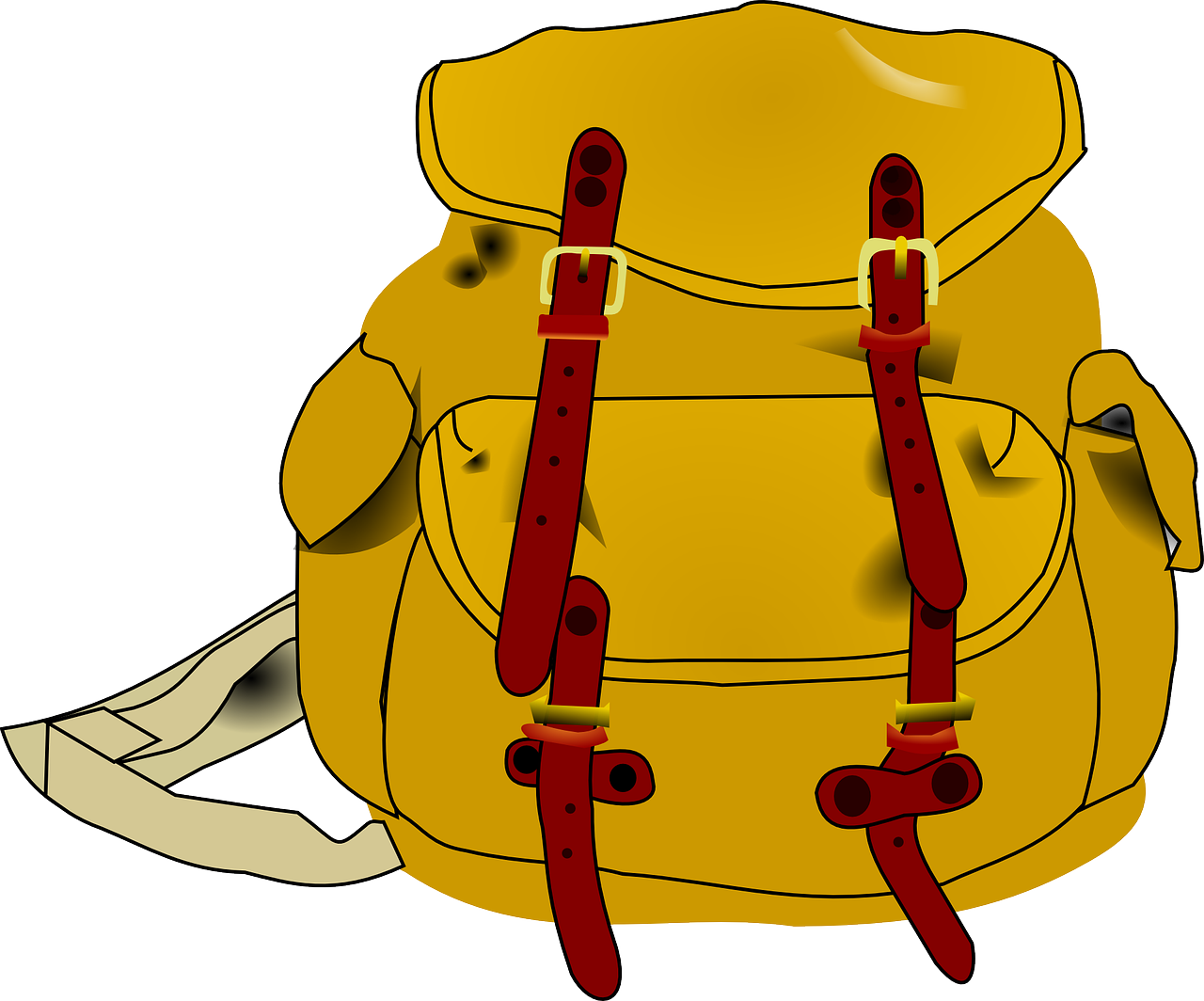 1. |
 2. |
 3. |
 4. |
 5. |
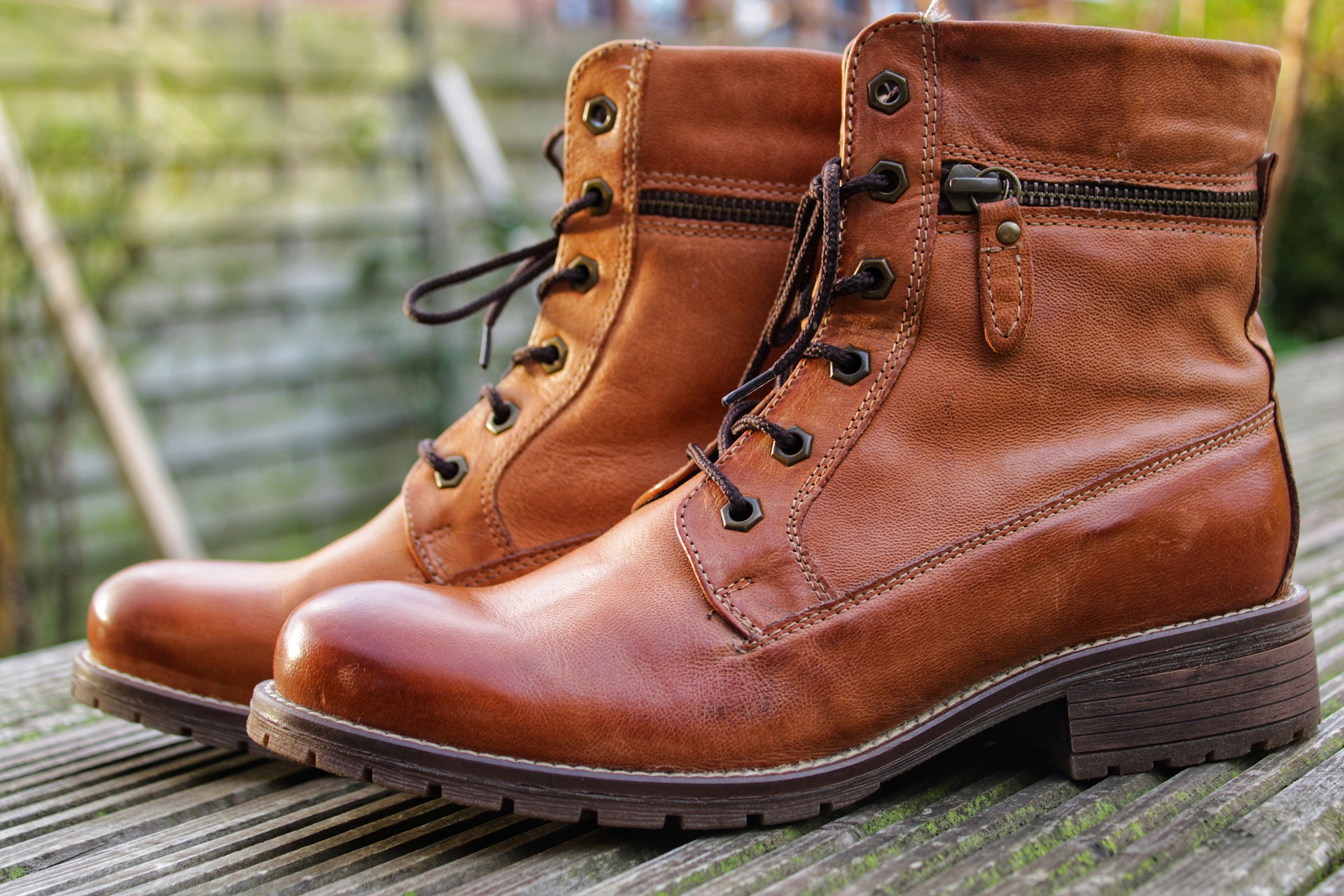 6. |
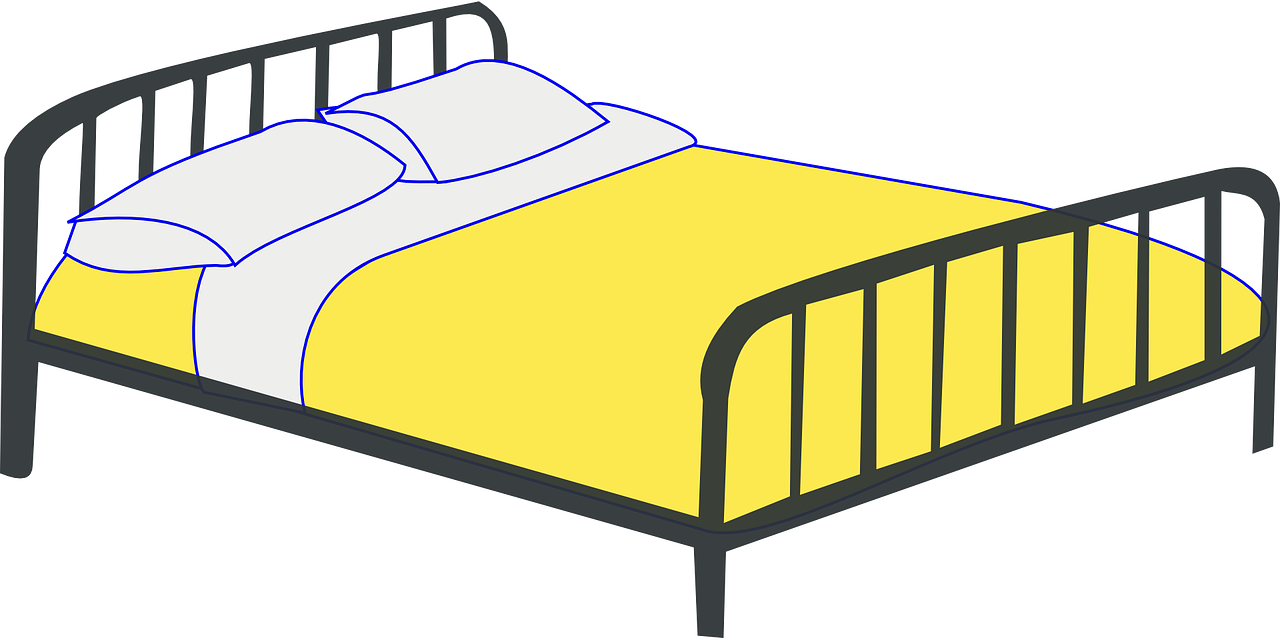 7. |
 8. |
![]() Es gibt kein Quiz für 3.16.
Es gibt kein Quiz für 3.16.
Extra Practice (optional):
![]() 5 Minute German Grammar
5 Minute German Grammar
If you want extra practice on the grammar concept learned today, click the topic below:
Media Attributions
- sommerfest-1442370_1920 © Kira Hoffmann is licensed under a Public Domain license
- presentation icon © quinntheislander adapted by Solomon Hajramezan is licensed under a Public Domain license
- Mantel © ckost is licensed under a CC BY-NC-SA (Attribution NonCommercial ShareAlike) license
- blouse-343352_1920 © motomax is licensed under a Public Domain license
- Krawatten © ckost is licensed under a CC BY-NC-SA (Attribution NonCommercial ShareAlike) license
- T-Shirt © ckost is licensed under a All Rights Reserved license
- showcase-4465550_1920 © engin akyurt is licensed under a Public Domain license
- pink-shoes-2107618_1920 © Terri Cnudde is licensed under a Public Domain license
- mens-leather-gloves-1194450_1920 © Domas is licensed under a Public Domain license
- star © IO-Images is licensed under a Public Domain license
- pearl-necklace-232335_1920 © Josch13 is licensed under a Public Domain license
- backpack-154121_1280 © OpenClipart-Vectors is licensed under a Public Domain license
- glasses-4451002_1920 © ANTO ABELLAN is licensed under a Public Domain license
- bike-1627433_1920 © Wokandapix is licensed under a Public Domain license
- Lotte © ckost is licensed under a All Rights Reserved license
- Ravi chair 2 © ckost is licensed under a All Rights Reserved license
- winter-boots-3867776_1920 © armennano is licensed under a Public Domain license
- bed-35505_1280 © Clker-Free-Vector-Images is licensed under a Public Domain license
- football-157930_1280 (1) © OpenClipart-Vectors is licensed under a Public Domain license
- check mark © janjf93 adapted by Solomon Hajramezan is licensed under a Public Domain license
heavy
pumpkin

